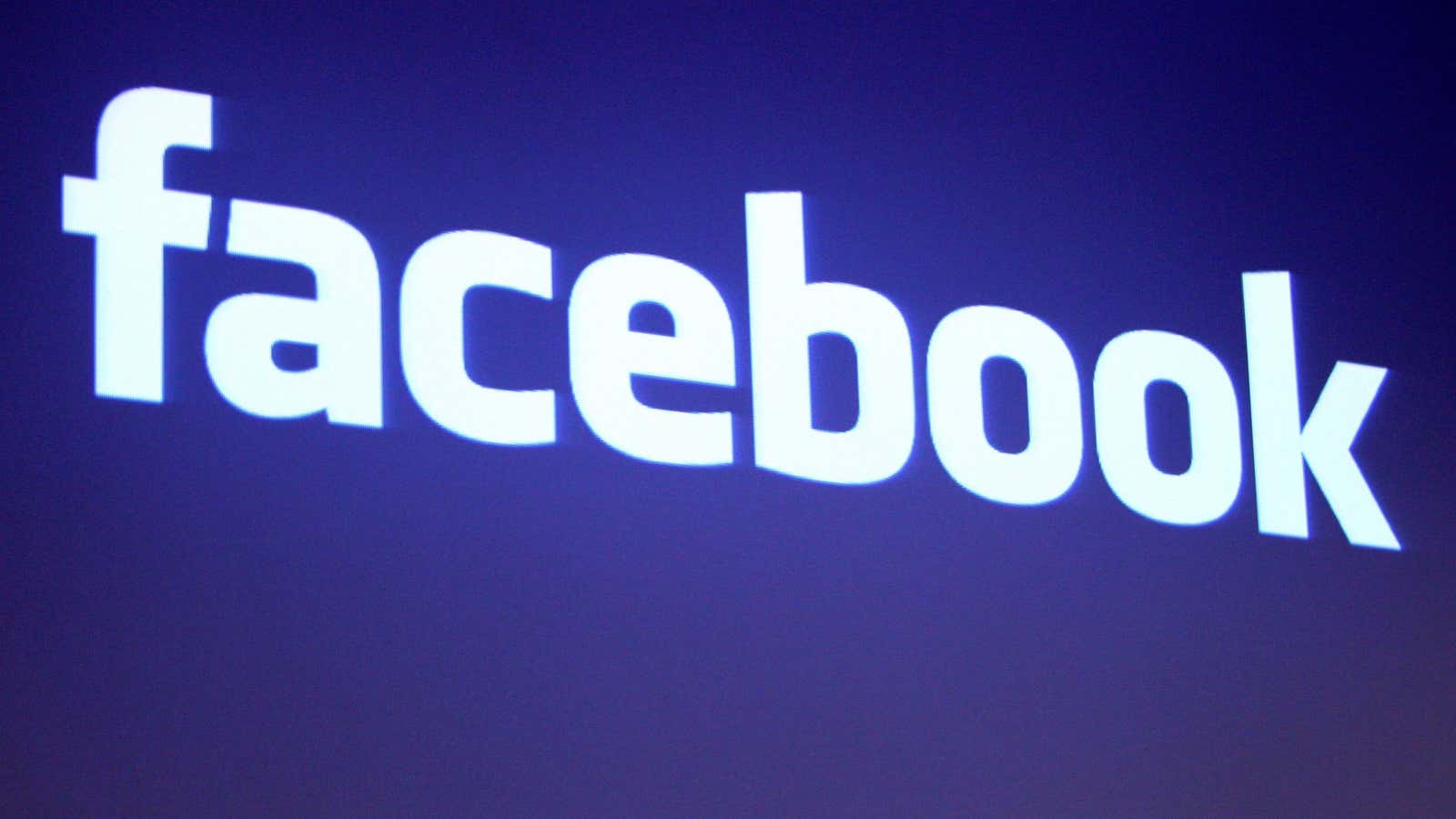Since Facebook unveiled Libra, a planned cryptocurrency initiative, two weeks ago, the company has been slammed by critics. From lawmakers and economists to financial regulators and consumer groups, virtually all are worried that Facebook’s crypto could impinge on privacy and facilitate financial crimes.
On July 3, David Marcus—head of the Libra project—addressed a few “misunderstandings” about Libra in a Facebook post. Marcus also confirmed that he will testify before the US Senate Banking Committee and House Financial Services Committee in the next few weeks. While Facebook portrays its crypto as digital deliverance for the world’s unbanked, the company has offered few answers to some of the most pressing concerns. These include the possibilities of theft, money laundering, and default of the reserves meant to back Libra.
Although US and European policymakers appear well aware of Libra’s risks, there’s been little discussion of non-Western perspectives on Facebook’s crypto. In particular, the Russian attitude could be important because the country’s government has a checkered history with bitcoin, allegedly using it to fund interference in the 2016 US election. Interestingly, Russia seems unperturbed by Libra.
“No one is going to ban it,” said Alexei Moiseev, Russia’s deputy finance minister on July 1. It appears Russia will treat Libra like bitcoin, or any other digital asset. Russian crypto regulation is forthcoming and it may legalize cryptocurrency trading, but Moiseev explained, “The ruble is our national currency, and all calculations must be made in it.”
Russia is clearly not Libra’s target market—in November, Facebook said it only had 6.2 million users in Russia, a fraction of the 60 million (or more) Russians who use Vkontakte, another social media site. Still, unless the Libra network is geofenced, it could be accessible to Russian users. As such, it’s worth considering potential misuse, especially given the Russian security apparatus’ past use of bitcoin.
In April, the Mueller Report confirmed agents in Russia’s military intelligence service used bitcoin to finance operations related to the 2016 email hack of the Democratic National Committee. Russian nationals, like Alexander Vinnik—suspected of laundering billions of dollars through BTC-e, a cryptocurrency exchange—have further been linked to bitcoin usage. The country has also been a hotbed for initial coin offerings, an often-fraudulent fundraising method in which supposed entrepreneurs solicit cryptocurrency investments.
Bitcoin and Libra aren’t all that different under the hood, so there’s a realistic concern that bad actors might abuse Facebook’s crypto, too. Technically, Facebook’s proposal for the Libra network is very similar to bitcoin because both would allow anyone to send or receive digital funds, without government-issued identification or a bank account. The difference arises in that Libra would be redeemable for normal currencies, like the US dollar and euro, and because of that peg, Libra won’t face bitcoin’s volatility. Price certainty and a (potential) absence of ID requirements could make Libra attractive to money launderers.
Russia is the main source for money laundering in Europe, explained Anders Åslund, a senior fellow at the Atlantic Council, an international affairs think tank. He noted that Russia presently lacks significant crypto regulation, and worried that Libra might serve as a boon to financial criminals.
Bitcoin—and perhaps Libra—should be prohibited around the world because of the threat of money laundering, Åslund said. He also indicated that Facebook’s compliance with know-your-customer (KYC) requirements from US regulators would be crucial. It seems, he said, like they just want to jump over the issue.
Compared to the US and Europe, Russia is less concerned about protecting its economy, observed Katharina Pistor, director for the center on global legal transformation at Columbia University. It will be difficult for any government to exercise authority over the Libra Association, the Swiss nonprofit Facebook has established to oversee the Libra network and reserves, she said.
“The real concern for me is the scale,” said Pistor. While Russia is of consequence—and could attempt to infiltrate the network—she expressed even greater concern about the reserves that will eventually undergird the Libra. “There’s a scarcity of safe assets,” Pistor explained. She worried that Facebook and the Libra Association may relax standards for Libra’s underlying reserves, accepting “just safe enough,” like bonds below investment grade. As in the subprime mortgage crisis, the Libra is only as good as the assets it represents.
At the risk of sounding like an alarmist, Facebook’s Libra raises concerns about global financial stability and crime. Russia’s pedestrian response to Libra should probably read as an additional warning. Perhaps Facebook ought to return to the drawing board.
🔑🔑🔑
BITS AND PIECES
- The winners and losers of Facebook’s Libra (Quartz)
- Libra’s competition is national currencies (Bloomberg)
- Facebook, Libra, and the Long Game (Stratechery)
- Libra may force central banks to develop digital currencies (MIT Tech Review)
- Where will Libra be in six months? (Quartz)
- Market Design for a Blockchain-Based Financial System (Libra’s Christian Catalini et al)
- Highlights from the paper by Wharton professor Kevin Werbach (Twitter thread)
Please send news, tips, and drawing boards to privatekey@qz.com. Today’s Private Key was written by Matthew De Silva, and edited by Oliver Staley. Everyone thinks of changing the world, but no one thinks of changing themself.
